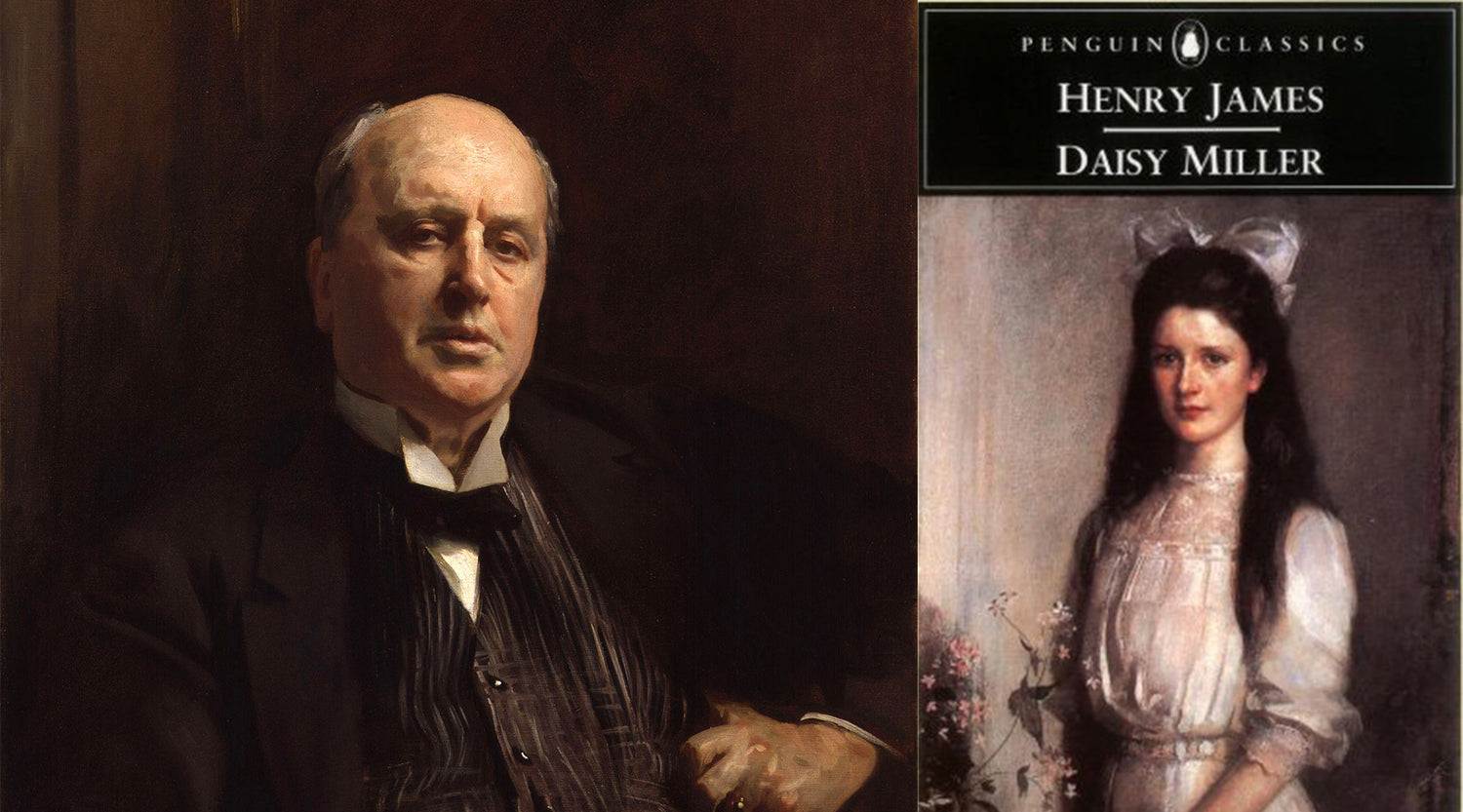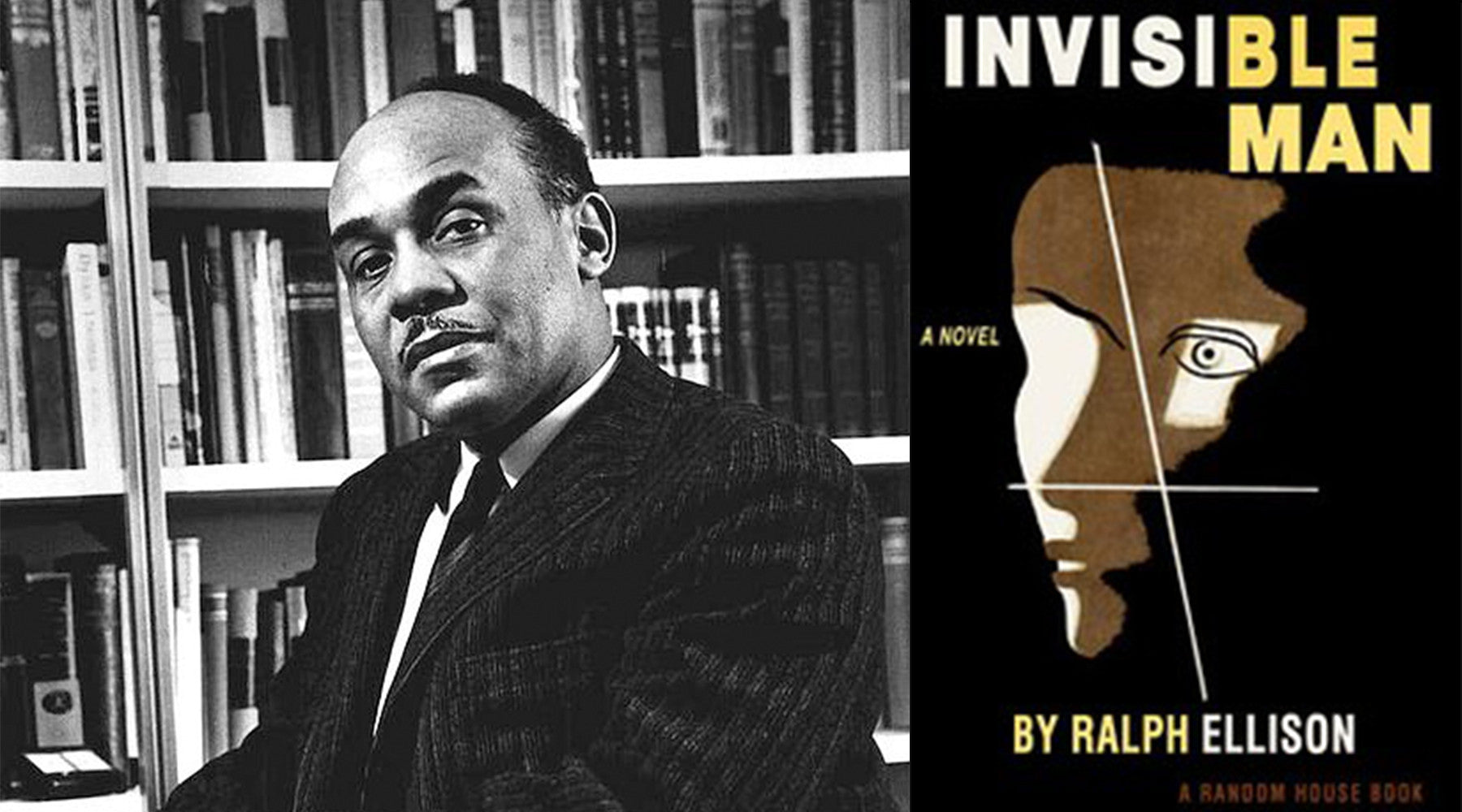GREAT PEN WIELDERS
--- II ---
CITIZEN OF TWO COUNTRIES: Henry James

“He is outside of everything, and alien everywhere. He is an aesthetic solitary. His beautiful, light imagination is the wing that on the autumn evening just brushes the dusky window.” - Henry James
The World of Henry James in 10 questions.
1. Who was Henry James and how did his work impact/influence the world we are living in now?
Henry James was an American-born British writer and is regarded as one of the key figures of 19th-century literary realism. He is best known for a number of novels showing Americans encountering Europe and Europeans.
James imaginative use of point of view, interior monologue and possibly unreliable narrators in his own novels and tales brought a new depth and interest to narrative fiction. Its intense focus on the consciousness of his major characters in his later work foreshadows extensive developments in 20th century fiction.
2. What are his famous works that you should know about?

The Portrait of a Lady (1881) - the story of a spirited young American woman, Isabel Archer, who "affronts her destiny" and finds it overwhelming. She inherits a large amount of money and subsequently becomes the victim of Machiavellian scheming by two American expatriates.

Daisy Miller (1878) - the story about a young American girl who finds it difficult to fit in with the sophistication of European traditions. Her lack of understanding of the social mores of the society she so desperately wishes to enter ultimately leads to tragedy.
3. What was his aspiration and inspiration?
At the age of 19, James attended Harvard Law School for a short period of time but realised that he was not interested in studying law. He then went on to pursue studying literature.
James's fiction was hugely influenced by Nathaniel Hawthorne (with his emphasis on the ambiguities of human choice and the universality of guilt), Honore de Balzac (with his careful attention to detail and realistic presentation of character) and Ivan Turgenev (with his dislike for over-elaborate plotting).
4. Who was inspired by his works?
The novels, WHAT ALICE KNEW by Paula Marantz Cohen and FOREIGN BODIES by Cynthia Ozick, is the manifestation of James’s remarkable influence on contemporary fiction, not only as an exemplary of narrative technique but also as a source of what writers call "material."

What Alice Knew - A story about the relationship of William, Henry and Alice James with a little mystery thrown in

Foreign Bodies - the story of an American who travels to Paris in pursuit of his patron's wayward son only to find himself enthralled by the city's sophistication. (Modelled on Henry James' 1903 novel, "The Ambassadors”)
5. How did he start writing?
From an early age, James read, criticised and learned from the classics of English, American, French, Italian, German and (in translation) Russian literature.
He began his literary career writing articles, book reviews and short stories. In his early twenties, he anonymously published his first short story, A TRAGEDY OF ERROR, on ‘New York Continental Monthly’ and from then on devoted himself completely to literature.
6. Besides being known for a writer, what else was he interested in or famous for?
Henry James was interested in playwright. In 1891, he converted his novel ‘The American’ into a play which enjoyed moderate success. He also wrote several other plays, most of which went unproduced. As he could not achieve much success as a playwright, he eventually stopped writing for the theatre and transformed some of his plays into novels.

“It had ... that look of being committed to nothing in particular, of standing in an attitude of general hospitality to the chances of life, of being very much at one's own disposal so characteristic of many American faces.” - Narrator, Chapter 1
7. What were some of the interesting quirks surrounding Henry James?
James was a man whose sexuality was uncertain and whose tastes and interests were rather feminine. He never married, and it is an unresolved (and perhaps unresolvable) question as to whether he ever experienced a consummated sexual relationship.
The outbreak of World War I was a profound shock for James, and in 1915 he became a British citizen to declare his loyalty to his adopted country and to protest America's refusal to enter the war on behalf of Britain.

"I don’t think I regret a single “excess” of my responsive youth – I only regret, in my chilled age, certain occasions & possibilities I didn’t embrace." - Henry James
8. What are the monuments/establishments that were built in his honour?
Henry James died of pneumonia on 28 February 1916. His ashes were interred at the Cambridge Cemetery in Massachusetts, United States, his stone inscribed "Novelist, Citizen of Two Countries, Interpreter of His Generation On Both Sides Of The Sea".

Memorials in Poets' Corner in Westminster Abbey
A memorial stone was placed for him in the Poets' Corner of Westminster Abbey, London, England in 1976.
9. How did critics react to his work?
Although most of James work depicts a realistic of life, the most frequent criticism has been that he is not realistic enough. Many critics have objected that James does not write about life and that his novels are filled with people whom one would never meet in this world.
10. What other works did he author that few people knew about?
James left behind two unfinished manuscripts, “THE SENSE OF THE PAST” and “THE IVORY TOWER”. The two manuscripts were published a year after James’ death by his editor, publishing what was written in the same volumes as James' extensive notes and allowing readers to explore what he had in mind without forcing the incomplete parts into the shape of a novel.
---
GREAT PEN WIELDERS is a monthly series that sets out to celebrate amazing writers, authors, novelists and illustrators whose beliefs, passions and talents inspired and changed the world we live in today. We believe that their stories and life experiences will foster Gnome & Bow’s vision to inspire storytelling without boundaries.
































Leave a comment
This site is protected by hCaptcha and the hCaptcha Privacy Policy and Terms of Service apply.